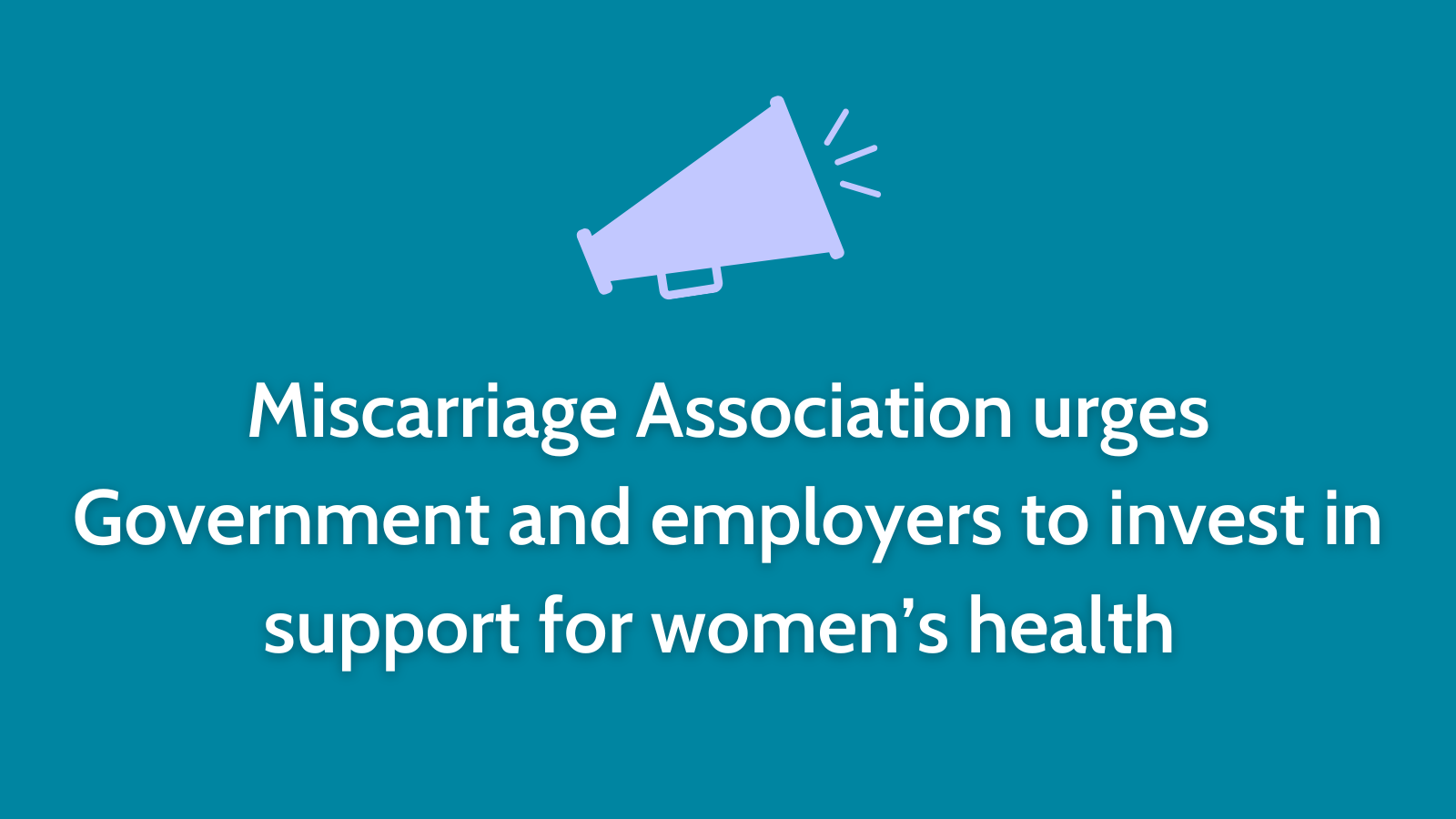Saving Lives, Improving Mothers’ Care
7th December 2016
This month sees publication of the latest report [1] from the UK and Ireland Confidential Enquiry into Maternal Deaths and Morbidity.
“Saving Lives, Improving Mothers’ Care” is the work of MBRRACE-UK: Mothers and Babies: Reducing Risk through Audits and Confidential Enquiries across the UK. The document reports on investigations into all maternal deaths during and after pregnancy between 2009 and 2014 and highlights the lessons to be learned. The message throughout is that improving training, communication and multi-disciplinary care – along with raising public awareness of danger signs – can save lives.
Deaths in early pregnancy
This year’s report focuses primarily on deaths from maternal heart disease and pre-eclampsia, as well as deaths relating to mental health problems, but there is also important information on deaths in early pregnancy, especially from ectopic pregnancy.
Ectopic pregnancy: information for health professionals, women and their partners/family/friends
Of the 191 women who died between 2009 and 2014 at less than 24 weeks of pregnancy, nine died as a direct result of ectopic pregnancy. The report’s lay summary[2] notes the signs and symptoms of ectopic pregnancy and highlights the need to go to an early pregnancy clinic or Accident & Emergency department for assessment as soon as possible.
The full report provides more detail for hospital and community health professionals. It highlights the need to suspect ectopic pregnancy in women of reproductive age who are either collapsed or have other symptoms of illness, and to remember that some women may not know they are pregnant. Correct diagnosis and treatment is critical:
“A diagnosis of ectopic pregnancy should be considered in any woman of reproductive age presenting to the emergency department with collapse, acute abdominal/pelvic pain or gastro-intestinal symptoms, including diarrhoea, vomiting and dizziness, regardless of whether she is known to be pregnant. A bedside pregnancy test should be performed in these women.”
Molar pregnancy
About one in 600 pregnancies is a molar pregnancy. That means it is quite rare, especially compared with miscarriage, which affects around one in four pregnancies.
There was one death reported in a woman with molar pregnancy, but this was primarily caused by a condition called HELLP (a variant or complication of pre-eclampsia). Deaths from molar pregnancy are extremely rare, but it is important that they are diagnosed and followed up at specialist centres.
For this reason, the lay summary suggests that women who still feel pregnant several weeks after a miscarriage do a pregnancy test, since “there is a very small chance of some abnormal placental tissue remaining”.
We feel that this note could have been clearer. While it can take time for pregnancy symptoms to disappear after miscarriage, if they continue for more than two or three weeks and if a pregnancy test is still positive, that might be a sign of a molar pregnancy. A follow-up scan and/or further pregnancy tests can help assess if further treatment, including surgical removal of any remaining pregnancy tissue, is needed.
We have more information about molar pregnancy here.
Recurrent miscarriage
Recurrent miscarriage is not in itself a possible cause of maternal death. However, if it is caused by antiphospholipid antibody syndrome (also called APS or sticky blood or Hughes syndrome), it increases the risk of pre-eclampsia.
The important messages here are that if you have been diagnosed with APS, it is worth reminding health professionals of this throughout your pregnancy so that you receive additional care and assessment. If you have had two or more consecutive miscarriages but have not been tested for APS, you may want to discuss this with your GP.
We have more information about APS and pregnancy here. And there is more general information about recurrent miscarriage here.
Mental health problems
The report highlights that mental health problems remain a leading cause of death in pregnancy and in the 12 months after pregnancy and we welcome the authors’ advice to “speak out and get treated early”.
We know that feelings of grief, loss, anxiety and depression are common after pregnancy loss, but that doesn’t make them easy to deal with. The Miscarriage Association can offer support, understanding and a listening ear, but that might not be enough.
If you are worried about your thoughts and feelings, especially if you feel that you are getting worse rather than better or if you have suicidal thoughts, please do seek help from your GP or specialist mental health service.
**********
[1]Saving Lives, Improving Mothers’ Care
Knight M, Nair M, Tuffnell D, Kenyon S, Shakespeare J, Brocklehurst P, Kurinczuk JJ (Eds.) on behalf of MBRRACE-UK. Saving Lives, Improving Mothers’ Care – Surveillance of maternal deaths in the UK 2012-14 and lessons learned to inform maternity care from the UK and Ireland Confidential Enquiries into Maternal Deaths and Morbidity 2009-14. Oxford: National Perinatal Epidemiology Unit, University of Oxford 2016.
[2] MBRRACE-UK – Saving Lives, Improving Mothers’ Care 2016 – Lay Summary

